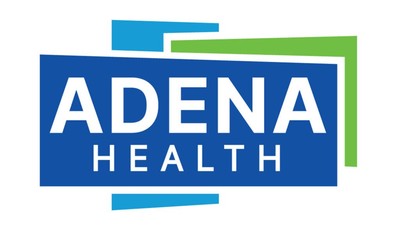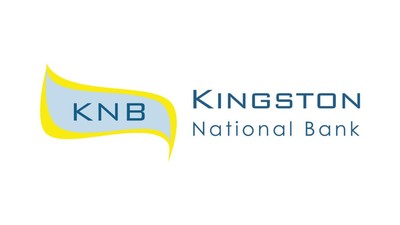
Ohio Dept. Of Commerce Urging Us To “Save More Money”
Presented By McDonald’s, “I’m Lovin’ It!” & Ross-Chillicothe Convention & Visitor’s Bureau
(Columbus) – If you made any New Year’s resolutions for 2022, it’s a good bet that one of them is “save more money.” Many consumer surveys conducted over the past several years consistently show respondents citing financial-related issues among their top five resolutions.
In addition, COVID-19 created a scenario in which consumers started thinking differently about their finances. According to one consumer sentiment tracker, 59% plan to make permanent changes to the way they spend and save. Consumers’ top three financial concerns include: having enough in emergency savings, having enough money for retirement, and inflation.
“Moving into 2022, consumers are looking at their finances with a savvy eye and the Department of Commerce is uniquely suited to give guidance in this area based on the industries we work with and regulate,” said Commerce Director Sherry Maxfield.
With those trends in mind, we can help you reach some of your financial goals in 2022 with these five quick tips from our divisions of Financial Institutions and Securities:
1) Create a Budget and Track Your Spending
- Determine how much money you need to cover your essential monthly expenses such mortgage or groceries. Don’t forget to include smaller items, such as your daily café latte. If your expenses exceed your income, you’ll need to make some adjustments. Start by cutting back or eliminating anything that is not necessary; pack a lunch instead of buying it, which could save you hundreds of dollars per year.
2) Automate Your Savings and Investments
- Consider having a portion or all your pay directed to separate accounts for savings and investments.
- If available, join your employer’s tax-deferred investment plan such as a 401(k) or similar program. Financial experts suggest putting 15%-20% into such a plan, but try to at least contribute up to your employer’s match.
- Review your current investment portfolio and determine if your asset allocations (e.g., stocks vs. bonds) meets your goals or needs adjusting as you near retirement based on risks and returns.
- If you don’t have a financial adviser, consider hiring one and contact the Division of Securities’ Investor Protection Hotline, 877-683-7841 to ask if the person is licensed to sell securities in Ohio, if any enforcement actions have been taken against them, and if the security has been properly registered with either federal or state regulators.
3) Check Your Accounts Monthly and Your Credit Reports Yearly
- Be sure to review your monthly account statements. Report any inaccuracies immediately to the financial institution, especially if you suspect any fraudulent charges on your accounts. Your liability is limited but only if you contact the bank or creditor, usually within 60 days.
- Typically, you can get a free copy of your credit reports from the three major reporting bureaus annually by going to www.AnnualCreditReport.com. But due to the COVID-19 pandemic, Equifax, Experian and TransUnion are continuing to offer free weekly online credit reports.
4) Build an Emergency Fund
- An emergency fund helps you handle a financial surprise without going into debt or resorting to high-cost loans. Start by putting in small amounts, such a $100 per month. Aim to have three-to-six months’ worth of your living expenses in a separate savings account.
5) Guard Against Fraud
- Never give your Social Security number, date of birth or credit card numbers in response to unsolicited email messages or “cold callers” over the phone.
- Use a credit card whenever possible. If you opt for using a debit card and it is compromised, scammers have direct access to your bank funds. Additionally, in the case of a fraudulent transaction, a credit card provides additional protections.
- Don’t make quick investment decisions based on sales pitches that refer to “great deals that will be offered for only a short time” or those that offer unreasonable rates of return. Before investing any money, call the Ohio Division of Securities’ Investor Protection Hotline at 877-683-7841 to learn more about the salesperson and the investment product being offered for sale.
- Do your homework when using peer-to-peer (P2P) payment apps. The popularity of these commonly known “money transfer apps” is growing but consumer protections are limited and may generally be based on how the payment is funded. We created a great resource to help Ohioans learn more, here.



























